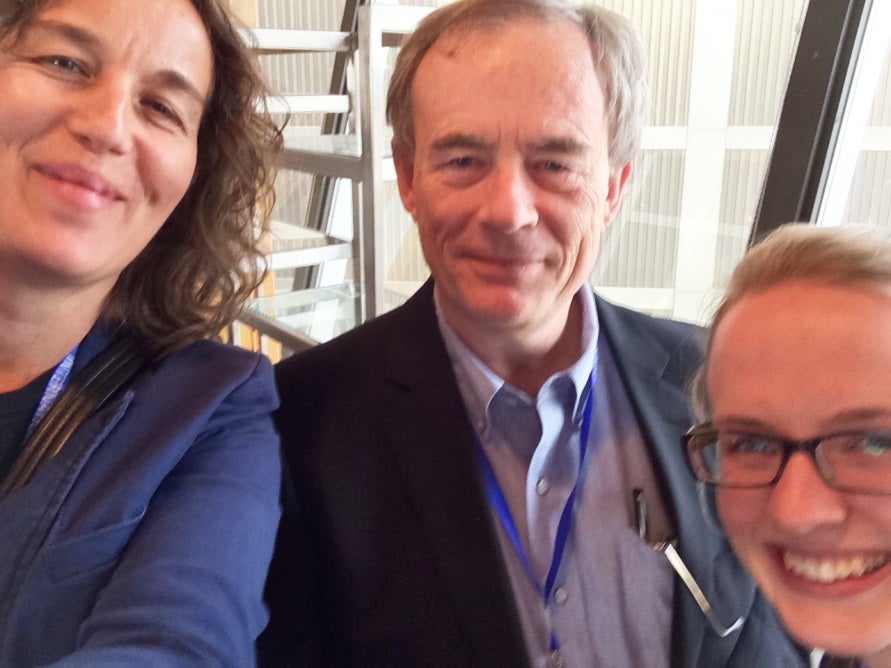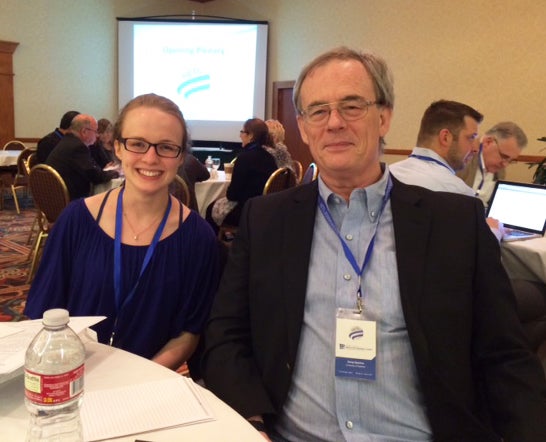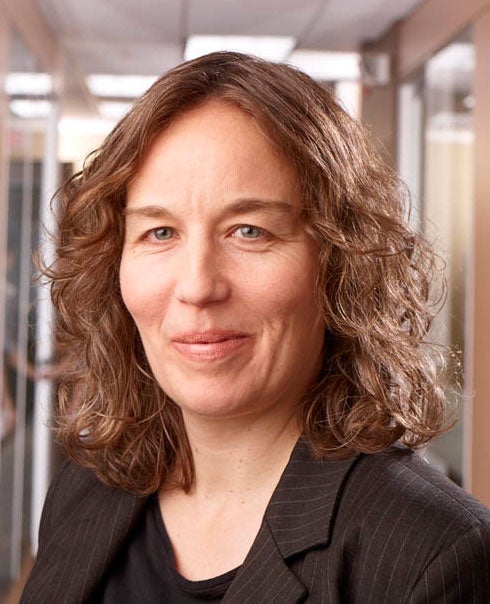What does disruptive innovation look like in the higher education space?
How are we going to assess and measure learning outcomes in times of blended and online learning, big data and flipped classrooms?

These and similar questions brought me to Anchorage, Alaska to attend the Higher Education Teaching and Learning (HETL) conference with my colleague Doug Sparkes and one of our BETS students, Emma Reesor. We were invited to present a paper on our experience of developing the virtual incubation program (VIP).
When I arrived in Anchorage just before midnight on May 29, it was still light, with an eerie dusk hanging over the city. The end of May marks the beginning of the "white nights" in the northern hemisphere, when for 6 months it never completely gets dark. That suited me just fine; I was planning to work and soak up as much teaching and learning inspiration as I could!
At the end of day one, I was sitting in the lobby of the hotel reflecting on what I had learned and jotting down some ideas in my Moleskine notebook. It got me thinking that conferences are often missed opportunities.

There we were, with over 200 educators from all around the world, spending 3 days sharing teaching experiences and figuring out the future of higher education, and I had yet to meet somebody other than my team mates.
VIP team #selfie! From left to right: Karin Schmidlin, Doug Sparkes, and Emma Reesor.
Even though the word "innovation" popped up in almost every session, the format of the conference was less than innovative. The speakers sat behind long tables mostly reading their work from a piece of paper and the audience was asked to hold their questions until the end. By that time we had often forgotten what we wanted to ask. There were other familiar conference staples such as cluttered PowerPoint presentations, ice cold rooms, bad coffee and rubber chicken.
But then something interesting started to happen - the Twitterverse took over and the conference hashtag #HETL14 provided a fantastic avenue for the missing interactions. People started to comment on the talks in real time, add their own experiences, make jokes and dinner plans, and even got the Hilton to turn up the heat in one of the rooms. Participants who never used Twitter before quickly signed on and joined the conversation. Often what was being discussed on Twitter was much more engaging than the talks and panels. We are all inherently social beings.
Even in the absence of appropriate tools, people will find a way to connect with each other.
Creating innovative environments
Innovation inside or outside the classroom, for me, happens at the intersection of 1) playful exploration, 2) the combination of seemingly unrelated things, and 3) risk-taking. But in order to get there we need to allow ourselves and our students to fail. That becomes especially challenging in a classroom setting where marks still play such a crucial role. A couple of sessions on day two attempted to tackle this topic through the lens of games and gamification. One comment in particular stood out for me and highlights the benefits of games:
The best thing games can do is take away the sense that you can't fail.
Listening to the talks over the 3 days we spent in Anchorage, I noticed that there seem to be a lot of administrative roadblocks in higher education. Almost every speaker had a story in that regard; a university that didn't allow teachers to connect to students on LinkedIn, a firewall that blocked social media in the classroom, or a policy that prevented students from using Google, Wikipedia or even their smart devices - the examples were endless.

It made me realize how lucky we are at the University of Waterloo and especially with our VIP project. We don't deal with the same administrative roadblocks as others and have the luxury to try things and change course if needed. Maybe that is the advantage of working in an entrepreneurial university; words like "pivot," "agile," and "failure" are part of our culture and are carried like badges of honour.
Above, right: Emma Reesor and Doug Sparkes at the HETL conference 2014.
I'd like to end this post with a comment from Doug Sparkes at one of the breakfasts. It seems fitting for what lies ahead for our project and to what we took away from HETL 2014:
"If you’re not on the leading edge, you’re taking up too much space."
About Karin

Karin Schmidlin is the Manager of the Virtual Incubation Program (VIP) at the Conrad Centre and teaches courses on user experience (UX) at the University of Waterloo Stratford Campus, where she has been recognized with exceptional teaching evaluations.
Karin drinks way too much coffee and loves to surround herself with inspiring people. You can follow her on Twitter @k_arin.